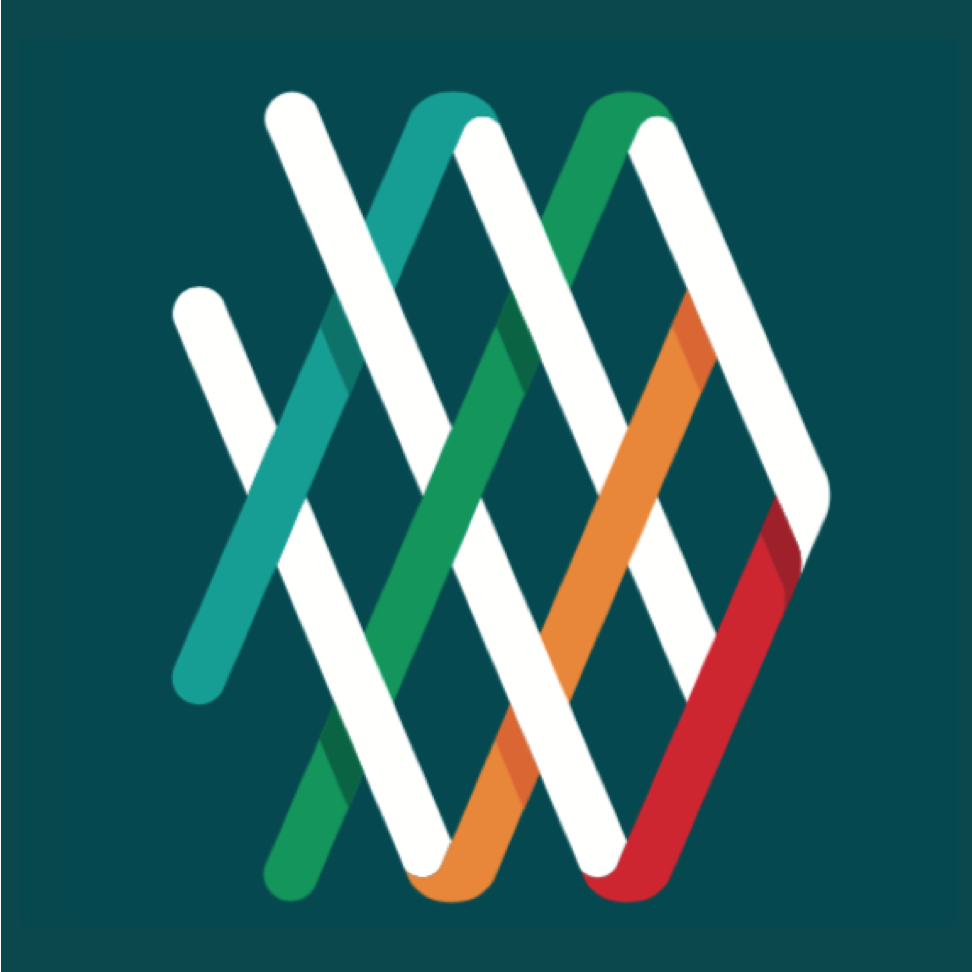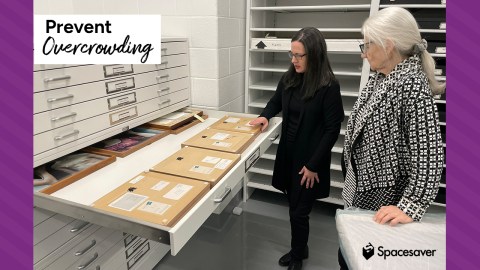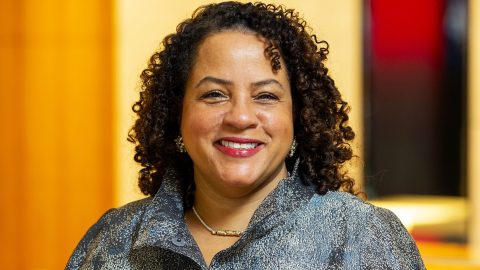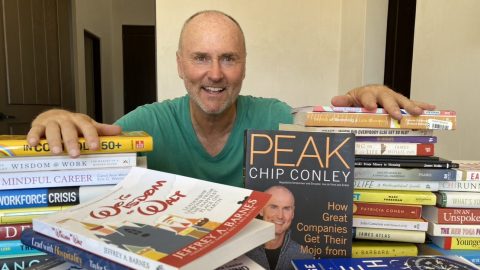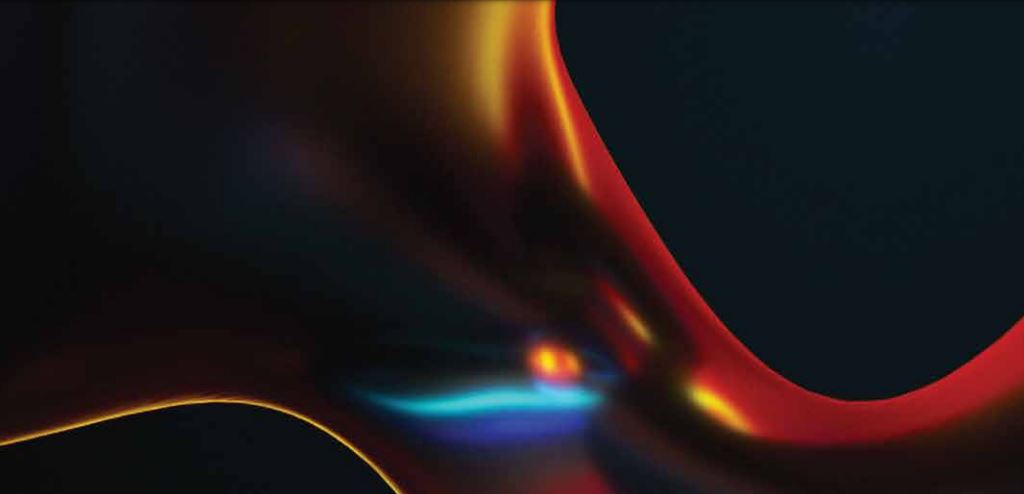
This article originally appeared in the September/October 2022 issue of Museum magazine, a benefit of AAM membership.
Two Facing Change Senior Fellows talk about their work supporting board members in their diversity, equity, accessibility, and inclusion work.
Facing Change was a large and complex initiative in which museum boards worked independently and collaboratively over three years to become more representative of the communities they serve. Perhaps one of the most vital components of the project was the dedication of the 10 Facing Change Senior DEAI Fellows. These Fellows were assigned an average of five museums each to guide through the program by customizing the overarching national program curriculum to fit the context and needs of their unique institutions. Work included hundreds of hours of individual coaching with museum CEOs and senior leaders; facilitating board meetings, trainings, and retreats; providing feedback and direction to the American Alliance of Museums to continuously improve the program; and participating in their own training and professional development as a cohort to support one another.
Here two Senior Fellows, Danielle Linzer, Senior Director of Education, Learning, and Research at the Children’s Museum of Pittsburgh and MuseumLab, and Levon Williams, an Equity, Inclusion, and Antiracism Consultant for nonprofit and arts and culture organizations, share their thoughts about their experience with Facing Change.
Why did you initially decide to be a part of the Facing Change program as a Senior DEAI Fellow?
Danielle Linzer: After years of working on DEAI projects inside museums, I was excited about the prospect of having direct access to museum boards and receiving advanced professional training in this field. In the end, the bonds we formed as a Fellowship cohort were truly incredible, and I will value them for a lifetime.
Levon Williams: I was very excited about the program when it was initially announced. I deeply understood the impact boards of directors have on their respective organizations from my time in the field. An opportunity to work directly to build capacity around equity, inclusion, and antiracism with folks who hold significant power in museums was exciting to me.
Why do you feel museum boards need to be engaged in DEAI work, including developing more inclusive cultures, equitable practices, and diverse representation of their communities?
DL: Boards have an absolutely critical role to play in advancing DEAI in museums. For so many years DEAI initiatives have focused on audience development, programming, staffing, collections, and more but have failed to reach the actual seat of power in our institutions. Boards set priorities and strategy, shape organizational culture, control resources, and guide leadership. They have the ability to make lasting changes that will impact the organization at all levels.
LW: It really comes down to relevance. Without a meaningful connection to community, museums as a whole risk losing their relevance. For so long, much of the field’s focus has been object based, the growing movement toward a more people-centered orientation is one of the most significant changes happening in the field at present. When we center people, topics such as belonging and psychological safety quickly move to the forefront. Trustees understanding their role in intentionally creating spaces of belonging is super important.
From your perspective, how did the pandemic, racial justice movements, and other crises since 2020 impact the Facing Change program? How were your specific museums impacted, and how did you respond to their changing needs as their Fellow?
DL: We could never have anticipated what 2020 would bring. The COVID pandemic and the global reckoning over racial justice brought our work to the fore, created a sense of urgency, and stripped away many of the excuses and distractions that often keep people from digging into racial equity issues. It quite literally changed the conversation, from the vocabulary and concepts we could use together to the level of commitment we saw from museum leaders and trustees.
LW: My work in the Facing Change program was with organizations in the Twin Cities. The murder of George Floyd impacted the institutions I was working with in a very visceral and direct way because it impacted the communities these institutions serve in a direct way. To their credit, the conversations and commitment deepened as everyone worked to process what we’d all witnessed.
What have you observed to be the most critical areas/issues that museum boards need to contend with as they engage in DEAI work at the governance level?
DL: I think this work requires ongoing commitment and humility. It requires us to lean into discomfort, to take responsibility for harm, to be open to seeing things in new ways. It’s essential to do equity work at multiple levels, from addressing bias at the individual and interpersonal level to engaging in deep structural and systems-level change. Boards are uniquely positioned to make changes that will impact organizations and communities in transformational ways.
LW: There were a few barriers I saw. Primarily, fear of open conflict. It was such a significant barrier to getting to impactful conversations about racial equity work and taking action. Another was perfectionism. Perfectionism is rampant throughout most museum work, but it is particularly harmful in equity, inclusion, and antiracism work. It can easily become an excuse to opt out of changes that desperately need to happen. Believing “If I cannot do it perfectly, and perfectly the first time, then I’m not going to do it.” does not leave room for iteration, mistakes, accountability, or repair, all of which are salient to this work.
What challenges did you encounter as a Senior Fellow working with your museums over the past three years?
DL: Facilitating conversations about equity, bias, minimization, decolonization, and justice is challenging and intense interpersonal work. It’s emotional and energetic. Because of the pandemic, we conducted most of our meetings, trainings, and conversations over Zoom—while it made it possible for us to continue despite the disruptions of COVID-19, we also lost something by not being in the room together.
LW: Both the pandemic and the murder of George Floyd presented challenges. That said, they also presented opportunities that we tried to leverage with our museums. People becoming more comfortable using video conferencing for meetings was a game changer. The fact that we were collectively learning how to connect via video conference helped immensely.
Another challenge was helping trustees begin to view equity, inclusion, and antiracism as important and as high a priority in their work as their budget, the capital campaign, and strategic plan. This work should be embedded in all of the board’s functions. Understanding and embedding these concepts proved to be a significant challenge for many trustees to wrap their heads around.
What successes are you most proud of?
DL: I believe that DEAI work is never done and requires continuous commitment, learning, connection, and reflection. So while I don’t feel that we “completed” the work of Facing Change, I do feel genuinely proud of the progress I witnessed at several of the museums I worked with—from small shifts in personal awareness to a wave of next-generation leaders reshaping museums. I’m excited to see what’s next for them.
LW: Each of the museums I worked with had a dedicated group of champions for DEAI work on the board. During the program I had an opportunity to support these champions as they pushed themselves to deepen their personal commitment to DEAI as well as support their colleagues in doing the same. I’m grateful for the relationships I had the opportunity to build through this process.
What surprises did you encounter during the Facing Change program?
DL: I worked with several museums in the San Francisco Bay Area (I am based in Pittsburgh, Pennsylvania). At one point during 2020, I was on Zoom with a group of board members in California. I saw in the background of the small squares on my screen that the sky in San Francisco was an otherworldly shade of orange, clogged by thick smoke from the wildfires raging out of control nearby. This was shortly after Jacob Blake, a Black man, was shot by police in Kenosha, Wisconsin, and 17-year-old Kyle Rittenhouse had murdered two civilians during the unrest that followed. COVID numbers were on the rise again, and museums were struggling to safely stay open. Our deeply polarized and fractured political system lurched painfully toward the 2020 election, as many of us continued to learn and work from home. But it was the surreal orange skies that really brought it home. I recall that several of us wept during that meeting. DEAI work requires a core of optimism and a belief that a better world is possible. In that moment, in the face of overwhelming loss, it was hard to find the hope we needed. I feel proud that we stayed with it and worked together through some very dark days.
What lessons will you take with you as you continue DEAI work beyond Facing Change?
DL: The most powerful part of Facing Change was the Fellowship experience for me. The Fellows were truly an incredible group of humans—brilliant, supportive, humble, hilarious, wise people with whom I was so fortunate to share this experience. It was an honor to work and learn alongside them over the past three years, and I do feel changed by knowing them. In the midst of so many challenges and disruptions, I think our connection really sustained and fortified the Facing Change project. So one of the big lessons I am taking away is about the relationships and support networks necessary to sustain deep DEAI work. Make sure you have the right people in your corner.
LW: I’m deeply grateful to have met and had the opportunity to work with the other Senior DEAI Fellows—a truly wonderful group of people.
What advice would you offer to others who may be interested in supporting cultural change and DEAI work at the museum board level, either as museum professionals hoping to support change within their own institutions or as consultants hoping to work with other institutions?
DL: Hang in there, it’s a bumpy ride! Sometimes it’s easier to be on the outside of an institution when doing this work. As they say, you’re never a prophet in your own land. While I had worked inside museums for over a decade before I started Facing Change, I had always internalized the power dynamics and norms around the board. Facing Change was an excellent opportunity to approach the board in a new way, to shift the conversation. As Fellows we did our own personal work to understand and unpack the role power and identity play in our facilitation work. I found I had to face up to my own imposter syndrome and sense of self-doubt, to trust myself and rely on my colleagues for support.
LW: Prioritize identifying champions of equity, inclusion, and antiracism among the board. Strategize with them about ways to truly make this work a priority among the board. Leverage their existing peer-to-peer relationships among board members, and foster new ones, all in support of bringing people along on your board’s equity journey.
What advice would you offer to museums that are interested in bringing on fellows or consultants to help with their DEAI work?
DL: Support them. Invest in them. Listen to them. Believe them. I’ve heard deep frustration from many of my BIPOC colleagues who work in the DEAI space about the lack of support and authentic engagement they’ve received in institutions that claim to want change. Set your consultants up for success. You really get out of the relationship what you put into it.
LW: Make doing so part of the budget. Budget for external support to help your board grow in this area.
Where do you hope the museum field goes from here in terms of advancing DEAI?
DL: We need to keep it going. We need to make sure that a focus on DEAI is not just a passing fad. It has to be embedded, there has to be accountability, and we have to allow time for the seeds we have planted to bear fruit. I can’t imagine what conversations about equity and justice we’ll be having in 10 years, but I know that we’ll still need to be having them.
LW: My hope is that the commitment to equity, inclusion, and antiracism deepens fieldwide. Facing Change helped this movement gain some momentum, but the work needs to continue beyond the program to make the changes the field needs.
“The COVID pandemic and the global reckoning over racial justice brought our work to the fore, created a sense of urgency, and stripped away many of the excuses and distractions that often keep people from digging into racial equity issues.”
